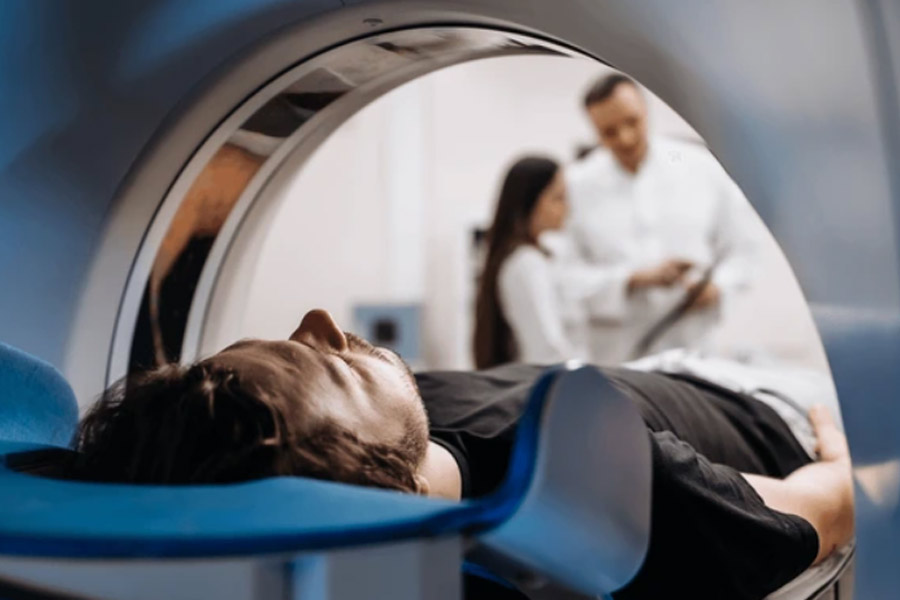A recent study has raised concerns over the widespread use of Computed Tomography (CT) scans, warning that the technology may come with a hidden health cost.
According to a report published in JAMA Internal Medicine and highlighted by The Conversation, CT scans performed in the United States in 2023 alone could lead to over 100,000 additional cancer cases in the future.
The findings suggest that if current scanning rates continue, CT scans could be responsible for around 5 per cent of all new cancer diagnoses each year.
The number is striking when compared to the estimate made in 2009, which projected 29,000 future cancer cases—over three times lesser than the current figure.
The rise is attributed to the growing number of scans and the improved modelling of radiation exposure to specific organs.
CT scans have become a routine diagnostic tool across hospitals and clinics.
In 2023, an estimated 93 million CT exam was conducted on 62 million individuals in the US alone, marking a 30 per cent increase over the past decade.
While the risk from a single scan is considered low, the research noted that repeated exposure, especially among younger patients, could pose significant long-term risks.
The most commonly linked cancers include lung, colon, bladder, leukaemia, and breast cancer in women.
Scans of the abdomen and pelvis in adults, and head scan in children—particularly those under the age of one—carry the highest estimated risks.
Despite the concerns, medical experts emphasise that CT scans are essential in diagnosing critical conditions.
Physicians are urging more selective use of the technology—reserving it for when it is truly necessary—and exploring safer alternatives such as MRI or ultrasound where possible.
While no direct causal link has yet been established between CT scans and cancer in individuals, researchers rely on risk models grounded in established science around ionising radiation.
The American College of Radiology has pointed out that no study to date has shown a definitive link between CT use and cancer in humans.
The study’s authors advocate for newer technologies, such as photon-counting CT scanners that emit lower doses of radiation, and the adoption of diagnostic checklists to avoid unnecessary exposure.











